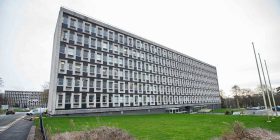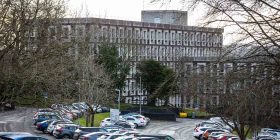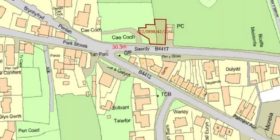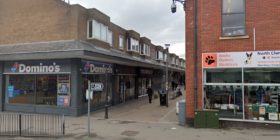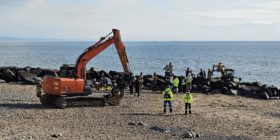Council second homes 150 percent rise and empty 100 percent
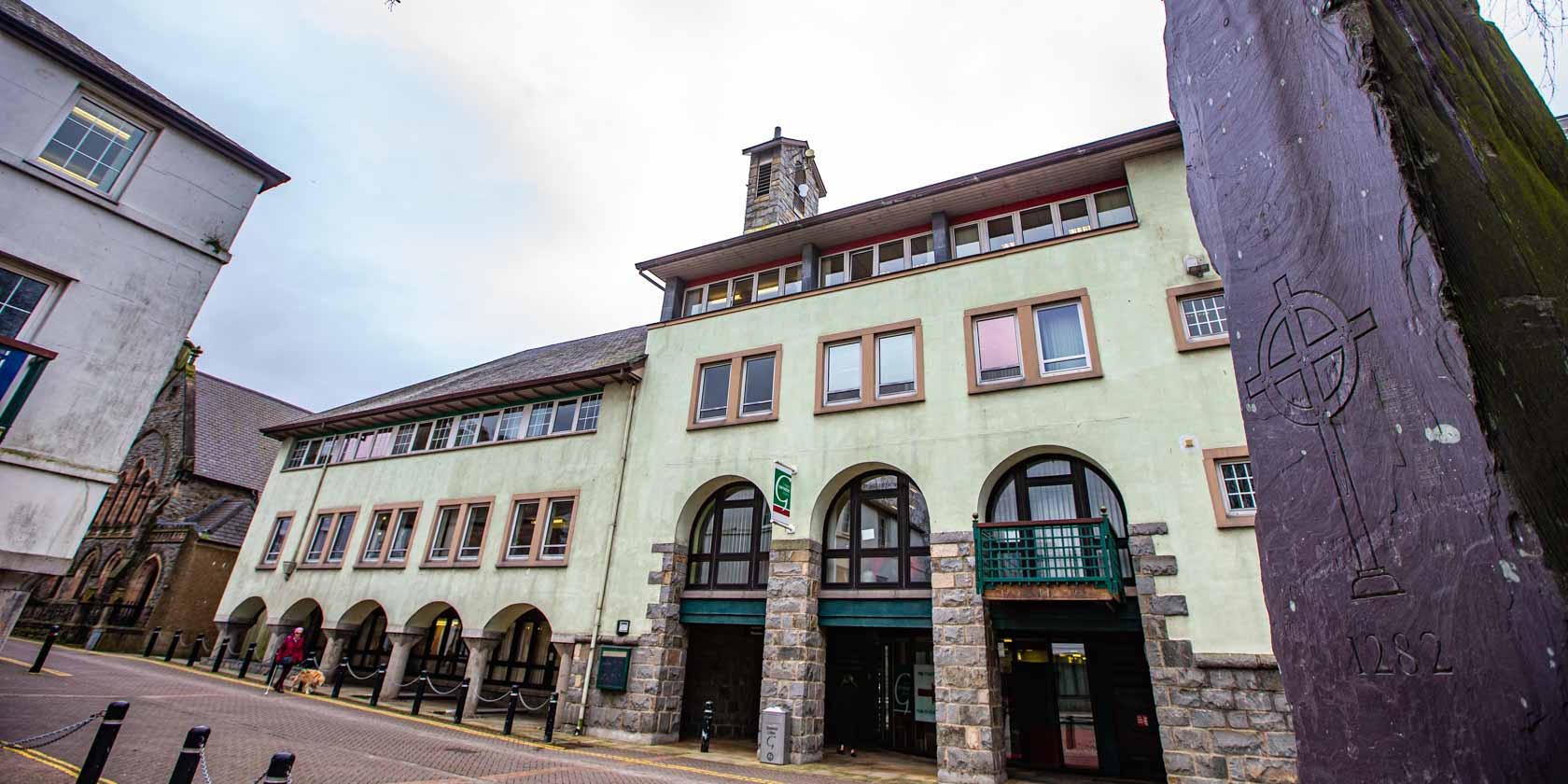
Council tax on second homes in Gwynedd is set to rise to 150 percent and empty homes will go up to 100 percent.
The change planned for the financial year 2023/24 was approved during a full council meeting of Cyngor Gwynedd today Thursday, December 1.
Dismayed second home owners packed the public gallery in Caernarfon as they heard the measures were being taken as part of efforts to address a “homelessness crisis.”
The council agreed the proposal for no discounts on Class A second homes (no change from 2022/23) no discount and raising a premium of 100% on class B second homes (an increase from 100% to 150%).
It also accepted no discount on homes that have been empty for six months or more and raised a premium of 100% on homes that have been empty for 12 months or more (no change from 2022/23).
Discretion has been given to local authorities to charge their own premiums
to help local authorities bring long-term empty homes back into use and raise funds to provide affordable homes.
The decision was part of efforts to help create more housing under the council’s Housing Action Plan.
According to a report, during 2021/22, 1126 people contacted the Council because they were homeless, which was an increase of 19% compared to last year and an increase of 47% on the year 2018/19.
“There is no doubt that the cost of living crisis has contributed greatly to this heart-breaking situation,” Cabinet Member for Finance, Councillor Ioan Thomas had said.
He referred members to a 30 page report, which stated that spending in dealing with Homelessness was “expected to exceed the budget by around £3.2 million this year.
“This was a net figure, having transferred some budgets for the year.
“The gross overspend is around £4.7m in 2022/23, and is estimated to be £6m in 2023/24.”
“We believe that temporary factors are responsible for a portion of
the overspending, but there is also a long-term budget gap of around £3m.
“Securing safe accommodation for people who have nowhere else to live means that the Council is spending £6 million more this year alone on homelessness services and this is of course money that is not available to maintain other essential services.
“I therefore recommend that additional income from the Premium is used to help bridge this gap.”
Businesses, second and empty home owners had expressed concerns that the measures could negatively impact the local tourism and lead to a loss of jobs.
Speaking in the chamber a retired solicitor from the Wirrall, Paul D Gill, who has had a second home in Abersoch for 40 years, raised a question.
He had asked “Why is the council imposing an increase on the Council Tax Premium in an area which was very dependent on the tourist industry and tourist spending locally and that without independent research and a report to the Council on the effect of such a policy on the local economy, the imposition of the increase will reduce local tourist expenditure putting local jobs and businesses in jeopardy especially at a time of high inflation and energy bills?”
In response by Cabinet Member for Finance, Councillor Ioan Thomas said that the proposed premium rises were “a sincere attempt” to strike a fair balance between the impact of second homes and empty properties on Gwynedd communities whilst also maintaining the visitor economy.
“In making its recommendation to the Council, the Cabinet is well aware of the importance of the tourism industry.
“On the other hand, we must have sustainable tourism and that will be the subject of a separate study in due course.
“But most of all, we believe that the basis of a sound economy is an economy where the people of Gwynedd have homes and contribute to the local economy.
“We can’t ignore a situation where it is estimated that 1,400 individuals will have presented themselves as homeless by the end of this year – double the number presenting before Covid-19.
“As a Council we will be accommodating over 600 people in temporary accommodation this year, where the figure was around 200 before the Covid-19 period. ”
Councillor Richard Glyn Roberts had called for an amendment to the original proposal and asked “what arrangements had been made to prepare a thorough assessment of the linguistic impact of increasing the council tax premium, in line with paragraph 10.5 of the Gwynedd Language Policy, and in particular the impact on ‘the numbers or percentage of Welsh speakers in communities?”
He proposed deferring the premium raise, and a lengthy debate followed over suggested amendments to the initial proposal, but which was rejected in a vote.
“Why can’t we keep the status quo and leave the existing rate at as it was for now?” He asked.
During the debate, Cllr Thomas referred members to a 30 page reports which had links links to a number of studies that have been conducted looking at the situation of second homes and empty properties.
“I emphasise that consideration of the messages of these studies, and the risks highlighted in them to the Welsh language and to our communities, is a key part of Cabinet’s consideration not to recommend a premium above 150% on second homes at this time, although the Act allows for a higher premium to be charged.”
In a vote ont he original proposal to raise the premium the vote was carried with 37 in favour and 21 against.
Speaking after the meeting, Mr Gill said he felt the council had not provided enough evidence, and disputed figures cited during the debate. He believed the rise would have a “much bigger impact” on local communities, businesses and the local tourist industry.
“The council is now talking about homeless people, for whom we all feel the greatest sympathy but they don’t want to talk about their own failures to provide affordable housing or purchase land.
“In over 40 years of being a second home owner, it is only in recent years I have seen this kind of lack of understanding of the local council. I don’t think they understand the damage this will impose.
“It will have a much bigger effect than they realise, and a negative impact on communities, they will see a reduction of people spending money in local shops, pubs and restaurants.
“They are also underestimating to cost which has been imposed on second home owners, it is not just about this rise, one councillor suggesting it would see a rise of only about £700, and she quoted the price of a football season ticket, but I have seen rises over the past four years, which they are not mentioning, of around £2,700 pounds.”
A Llŷn Peninsul publican who wished to remain anonymous said “I would have liked to have seen the matter deferred, with things staying the same as they are for now/
“This is going to have a huge impact on local tourism in the area, it is a worry for people who employ staff. I am already seeing second homes going on the market, many are well out of the reach of local people.”
By Dale Spridgeon – Local Democracy Reporter
Spotted something? Got a story? Send a Facebook Message | A direct message on Twitter | Email news@north.wales

